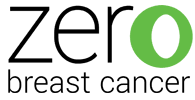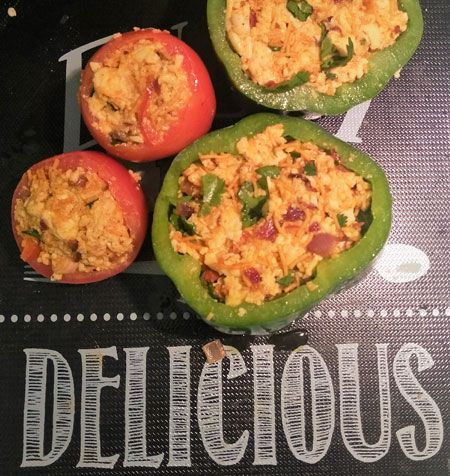Food, Health and Decisions
“People who love to eat are always the best people."
This quote from Julia Child resonates with me to the core. Food has tremendous power to heal and the potential to improve overall well-being. Food is not just necessary for life but something that feeds our souls and our emotions. For many it is a comfort and enhances many experiences and brings much pleasure. From a public health lens understanding how different communities’ access and consume food can give important clues about diet related health disparities. Yes, that’s the power of food.
Food as Medicine
Over the past decade, extensive research has established a ‘food as medicine’ trend to reverse the effect of chronic diseases like diabetes or for reduction of obesity-related cancer, which disproportionately affects females. Research shows how a girl’s intake of fiber has been shown to offer some protection from early menarche and breast cancer susceptibility. Therefore, for risk reduction, a basic solution lies in managing a healthy weight, being physically active and making smart decisions around buying healthy food for pre-teens and adolescent girls. Despite the current knowledge and extensive efforts across a variety of communication channels, adopting and sticking with a healthy diet has been a challenge for low-income minority populations and it goes beyond the issue of access and affordability.
Food as culture and freedom of choice
The reason for the failed attempt at dieting lies in the basic perception of food.
“Food's not just fuel. Food is comfort. Food is celebration. Food literally reduces our body's stress hormone levels. Food is the world's oldest social network. And to suggest that we need to exclusively eat in the name of being healthy denies all those things which are hugely important to be happy,” says Dr. Yoni Freedhoff in NPR’s life kit podcast on weight loss.
Essentially, for this reason among many others, we tend to overconsume calories during periods of prolonged hunger and food insecurity or to cope with environmental stressors related to housing, income, and psycho-social needs.
Navigating food choices
Not all calories are created equal. The amount of food choice available in the United States can be overwhelming. The challenge is to make informed decisions as you walk down those glossy aisles screaming with fancy labels like organic, non-GMO, gluten-free and more. Having lived in India almost all my life, I was so conditioned to cook from scratch. And here in USA I admit, my greatest frustration is making decisions on what ‘unprocessed’ food to buy and how to dodge those super jumbo cereal packs and still save money. I am overwhelmed with the food choices available.
Food labels frustrate me, and I am not alone.
The International Food Information Council (IFIC) Foundation’s 2018 Food and Health Survey presents compelling results around consumers’ food purchasing behavior and perceptions. FHS reported that 80% of people come across conflicting information about food and nutrition and 59% of those say that conflicting information makes them doubt their choices.
You can find help
To conclude, I would say, navigating the food market in the United State is a skill that must and can be taught and learned. One great resource I came across while at UCSF’s Center for Vulnerable Population was Cooking Matters, which offers interactive grocery store tours, hands on cooking courses, educational tools and a Cooking Matters App. If this interests you, Cooking Matters in-person classes can be accessed at their California partner 18 Reasons, based out of Berkeley.
To be continued
Over the next couple of months, I will continue to write about this complicated topic and review best practices on Healthy Eating, Active Living (HEAL) initiative, recently published in the Stanford Social Innovation Review, Summer 2019 edition. HEAL is such a vast and incredibly important topic that it will require a series of blogs. Till then, happy cooking, connecting with your loved ones and learning at Cooking Matters.
Written by
Shweta Chooramani, MPH
Program Advisor, Zero Breast Cancer


